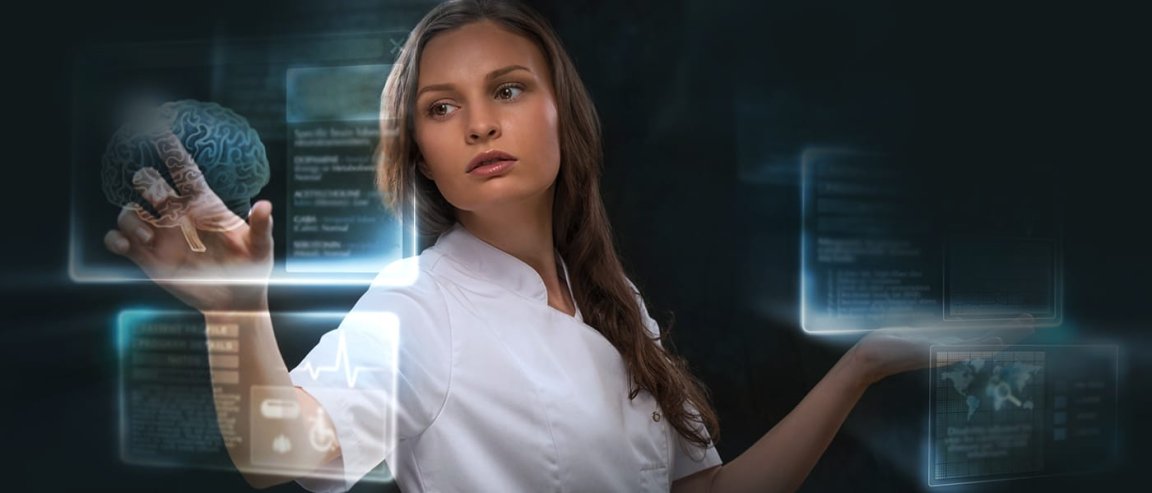
Sophia’s No Dolores…Yet.
Remember that robot that freaked everyone out on the internet because it said it will destroy humans? That was Sophia—and she feels terrible about the whole thing.
In any case, those who watched HBO’s latest series Westworld might be reminded of her, as the show’s artificially intelligent (AI) robots entertained their guests—or shot at one another. And that season finale? Oh, yes.
The reality is, however, Sophia isn’t quite like that yet. She’s no Dolores Abernathy.

In interviews with Inverse, industry experts at Hanson Robotics—the makers of Sophia and that Albert Einstein HUBO—and the Allen Institute for Artificial Intelligence are confident that the future of AI and robotics is something very much similar to what Westworld shows us.
As to be expected, and just like in the HBO series, the key lies in the code. There are two systems of code that make Dolores superior to Sophia, explains Hanson’s VP of Creative Stephan Bugaj, who also heads personality design for their robots. These systems are the secret to making Hanson robots more relatable, although both are still in their early stages of development in the real world.
The first is generative code. This is a system that’s capable of writing its own code, in order to adapt to situations—something like neural networks and machine learning, but with the ability not only to assimilate and build upon incoming data, but to create new self-learning programs (for instance) when the need arises. “An A.I. could reason about itself and decide that it needs some new code, and write it itself,” Bugaj explains.
It’s sort of like AI programs having their own ideas.
Such wildly sophisticated software is evident in Westworld; but in the real world, we’re not quite there yet.
Bugaj continues:
They’re definitely adding some sort of semantic network associations. They’re changing things about themselves, whatever that internal structure would look like in this fictional coding universe. They’re learning, they’re formulating new opinions about themselves and about the world around them, and they’re acting on them. And that’s being sentient.
The second key software system is memory. Of course, in order to truly learn, an AI has to have memory. Not just any kind of memory, but memory in the same way human beings have it—short term, long-term, and even episodic. It’s a trait that makes the Westworld robots seem uncannily human.
“We use analogies, intuition, this kind of reminding thing, to do a lot of great work,” explains Oren Etzioni, CEO of the Allen Institute. “And that capability—people call it associative, people call it content-addressable, any of a number of things—we ain’t got any systems that come even close.”
A New Direction for the Future?
Bugaj believes that shows like Westworld can serve as an inspirational template for what AI can do in the real world. “I think they’re doing what a good futurist should do, which is making conjectures about the future, and then exploring how those might play out,” he says.
But what can today’s AI do?
Today’s AIs can see, they can speak, and even understand to a great extent—enough to make decisions that allow these systems to, say, suggest which friend to tag on a photograph or even drive an automobile. Certainly, we have successfully created neural networks capable of learning on their own, through various machine learning algorithms.
“A semantic or neural network is state-evolving over time, because it’s bringing in new data and basically learning new things,” says Bugaj.
But neural networks aren’t exactly yet capable of generative code, which is that next evolutionary level in machine intelligence. It’s the kind of code that writes its own code. And the key difference is memory. “Everything that we talk about, with a machine being able to learn, comes down to memory management,” Etzioni says. So far, we are yet to create code that can achieve a creative, spontaneous memory.
So, to be perfectly honest, Westworld is still a little out of our league. But hey, at the end of the day, it’s science fiction, folks. And however much it may be rooted in reality—fiction is precisely what it is.
And as science has proven time and again, it will always cough up something far better than what the most fevered sci-fi writer’s imagination can produce. It just takes a lot of research and a lot of time.
